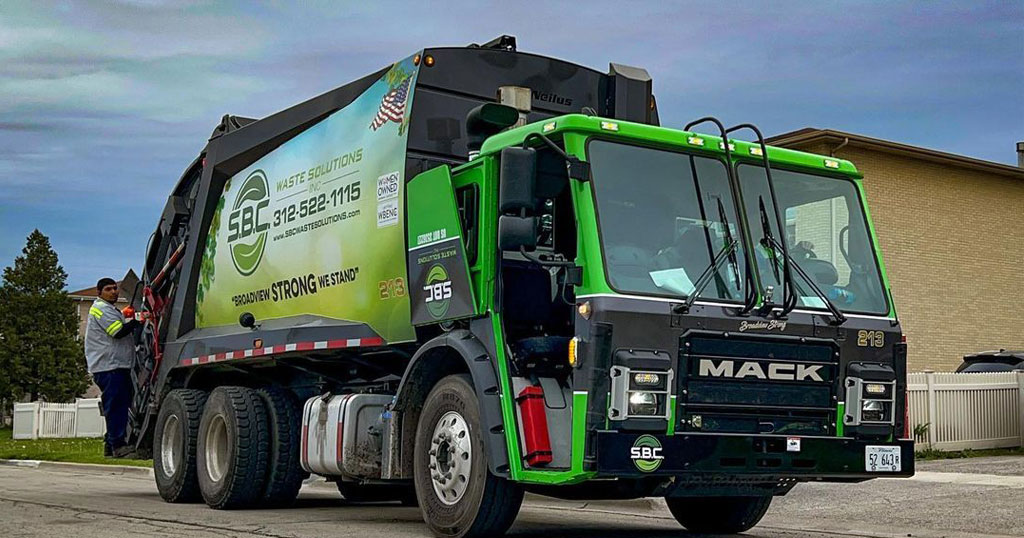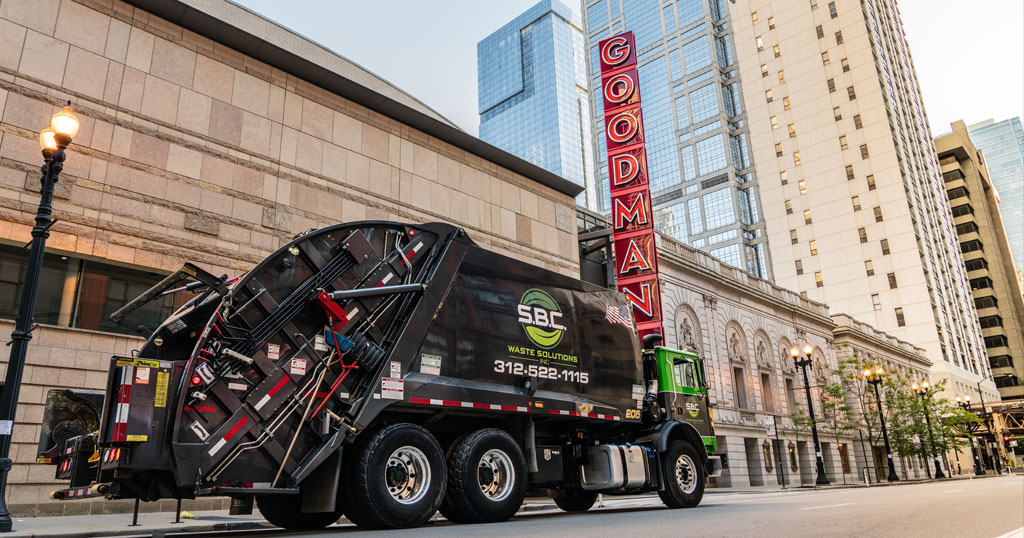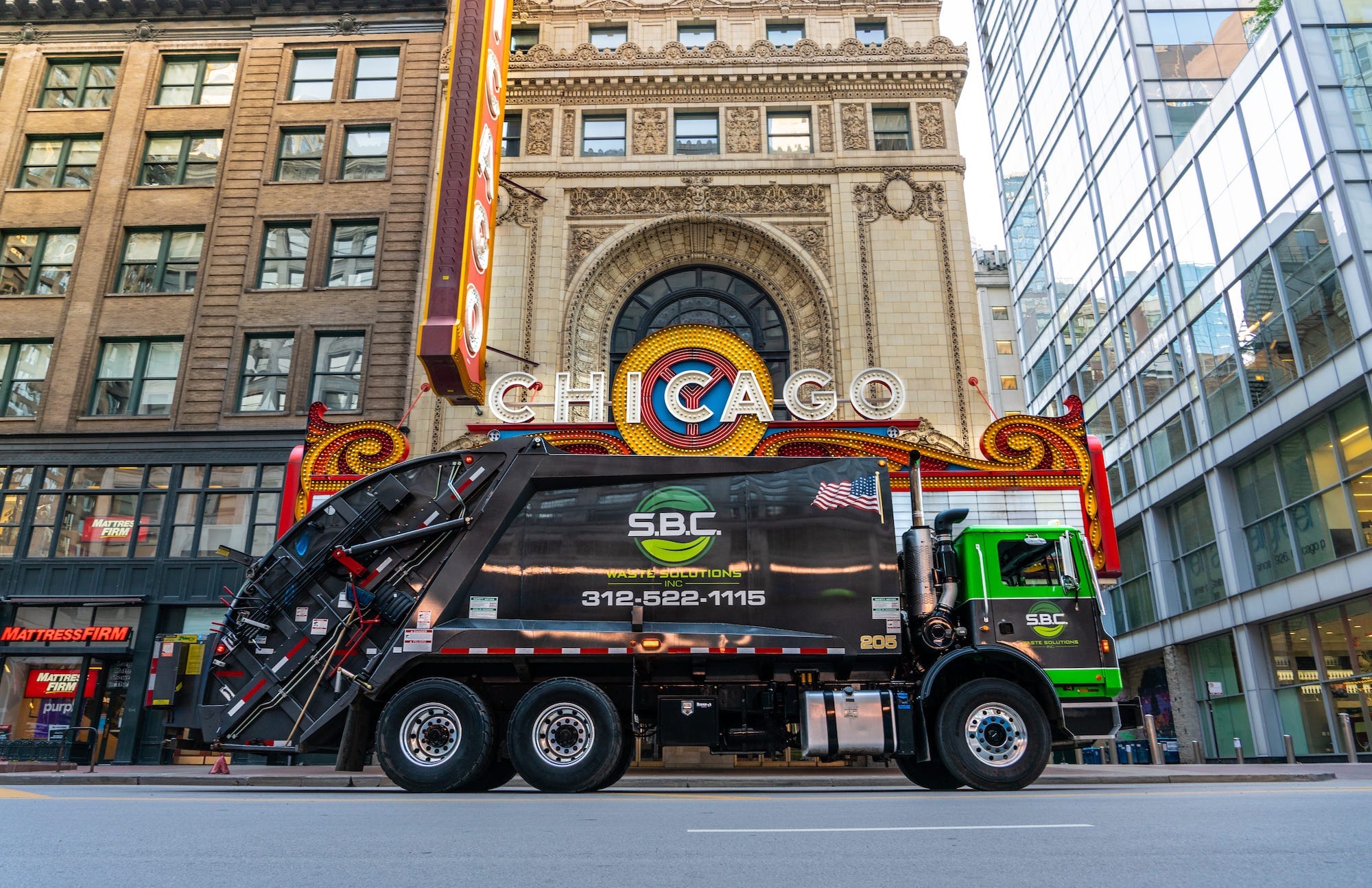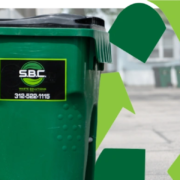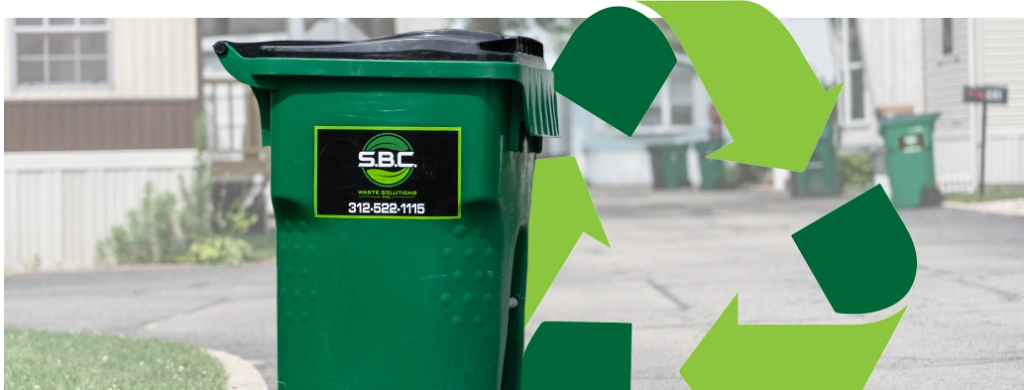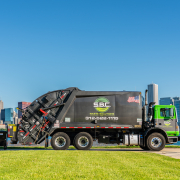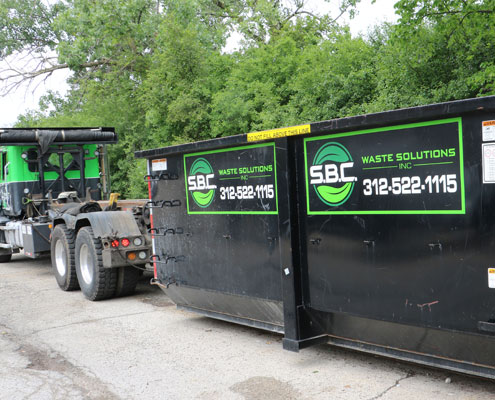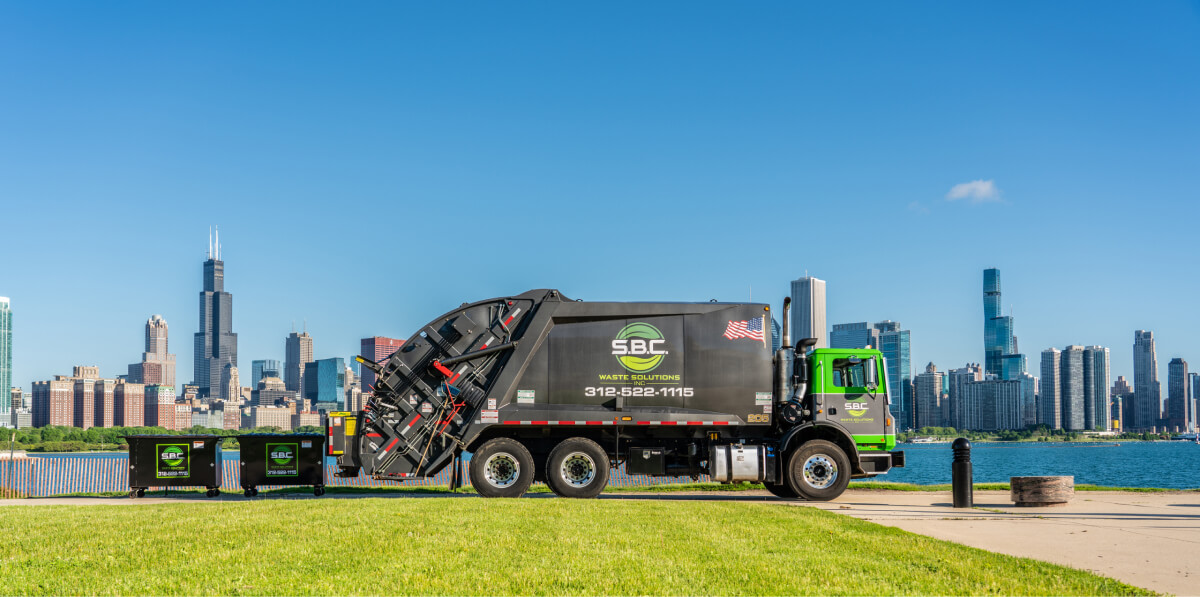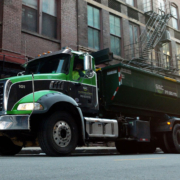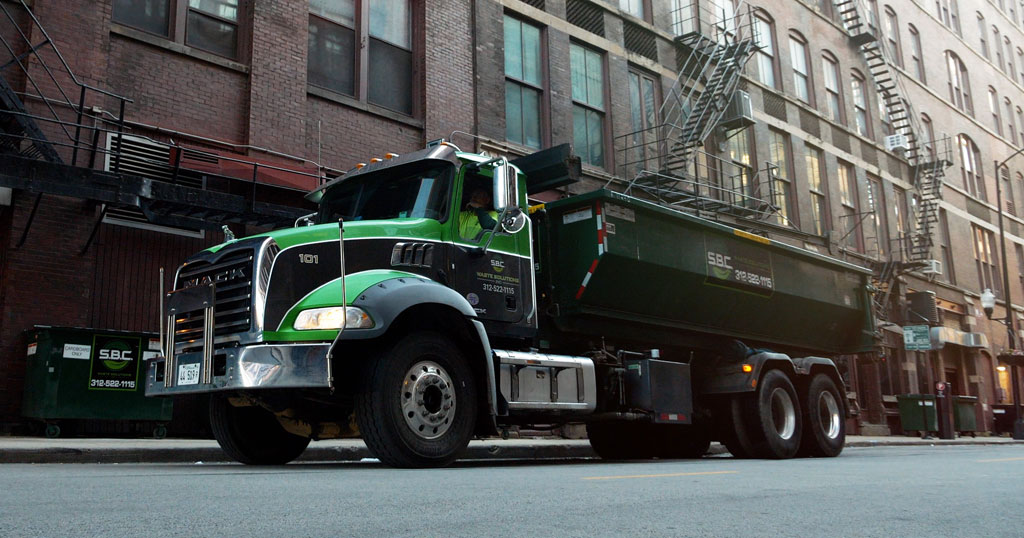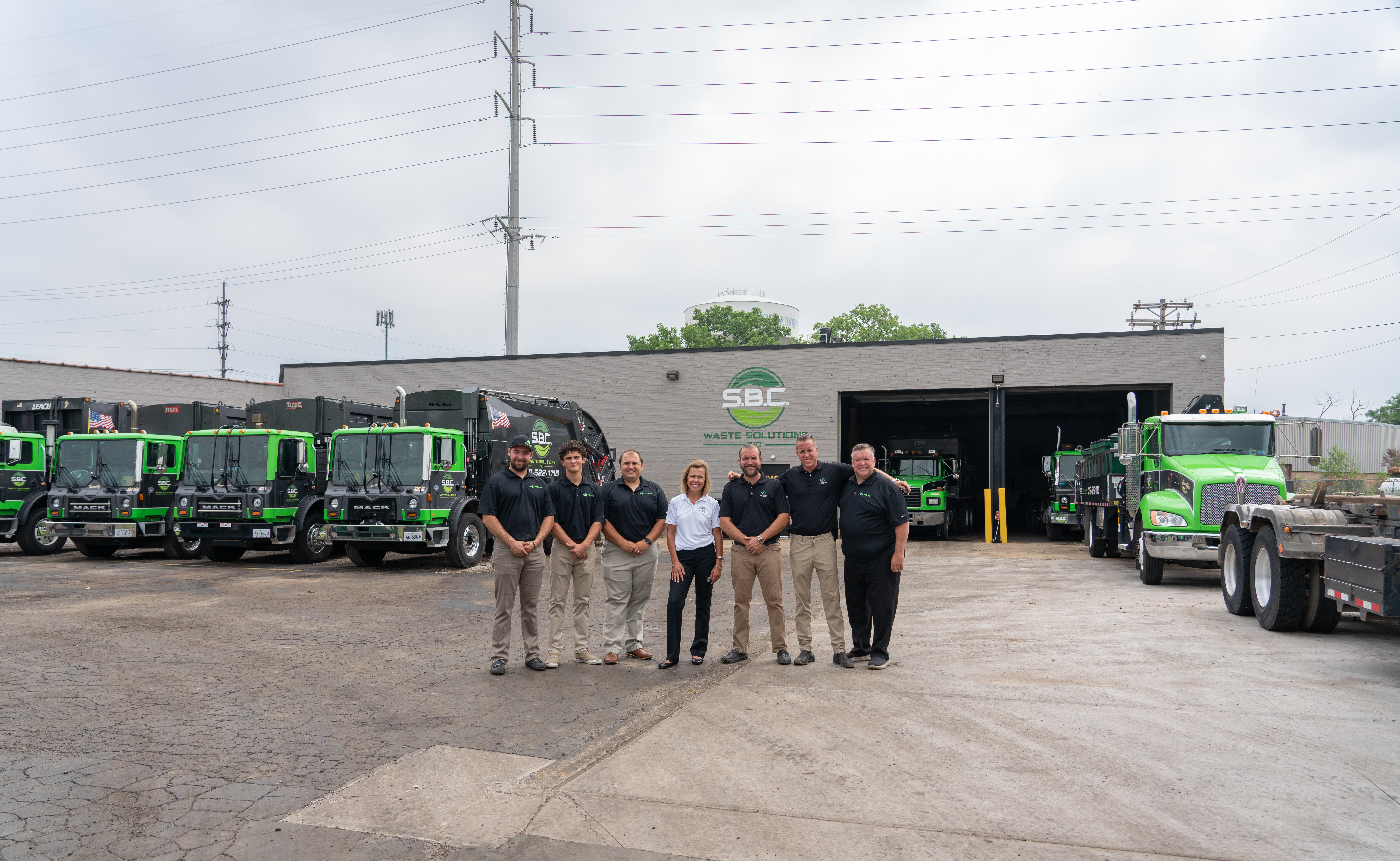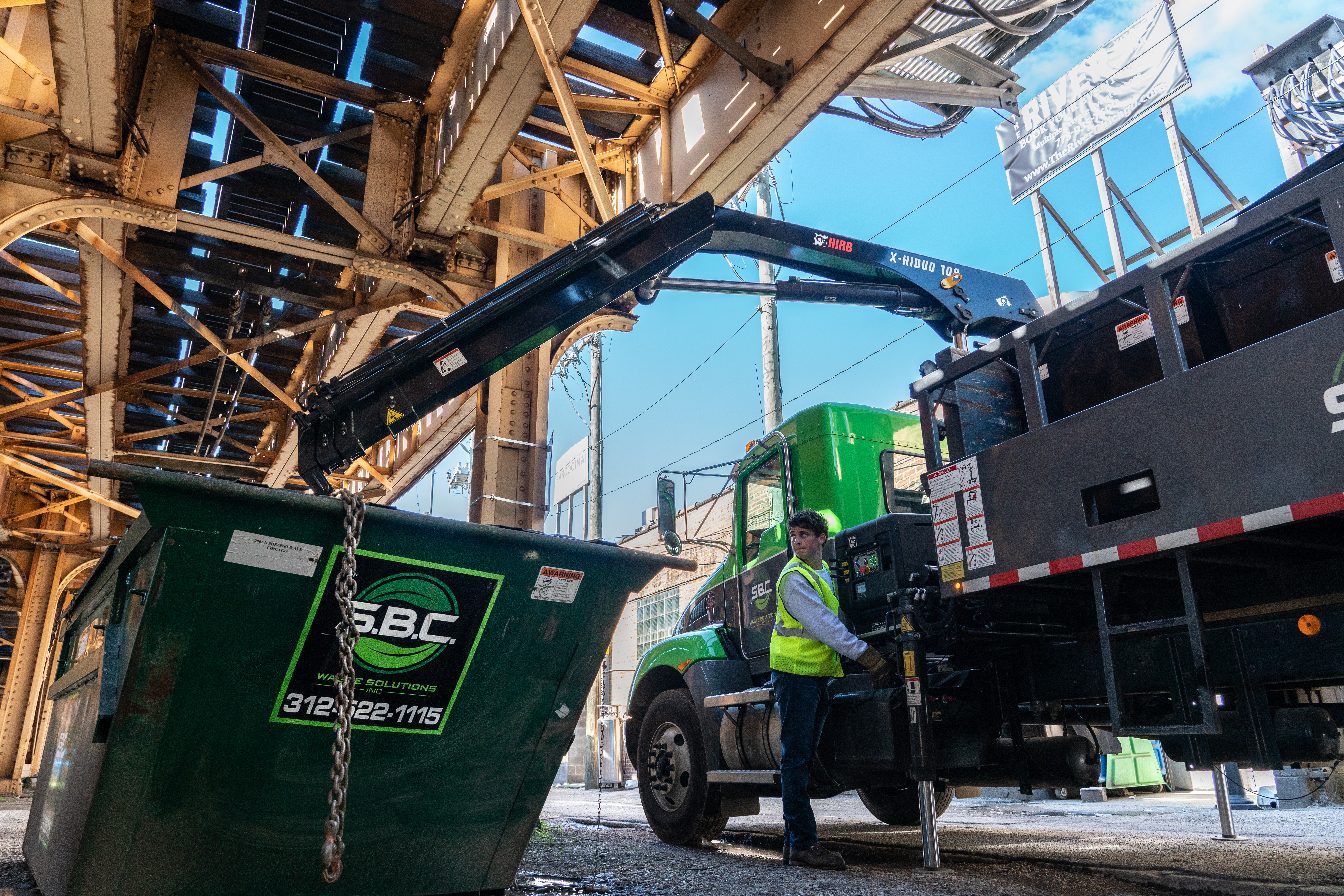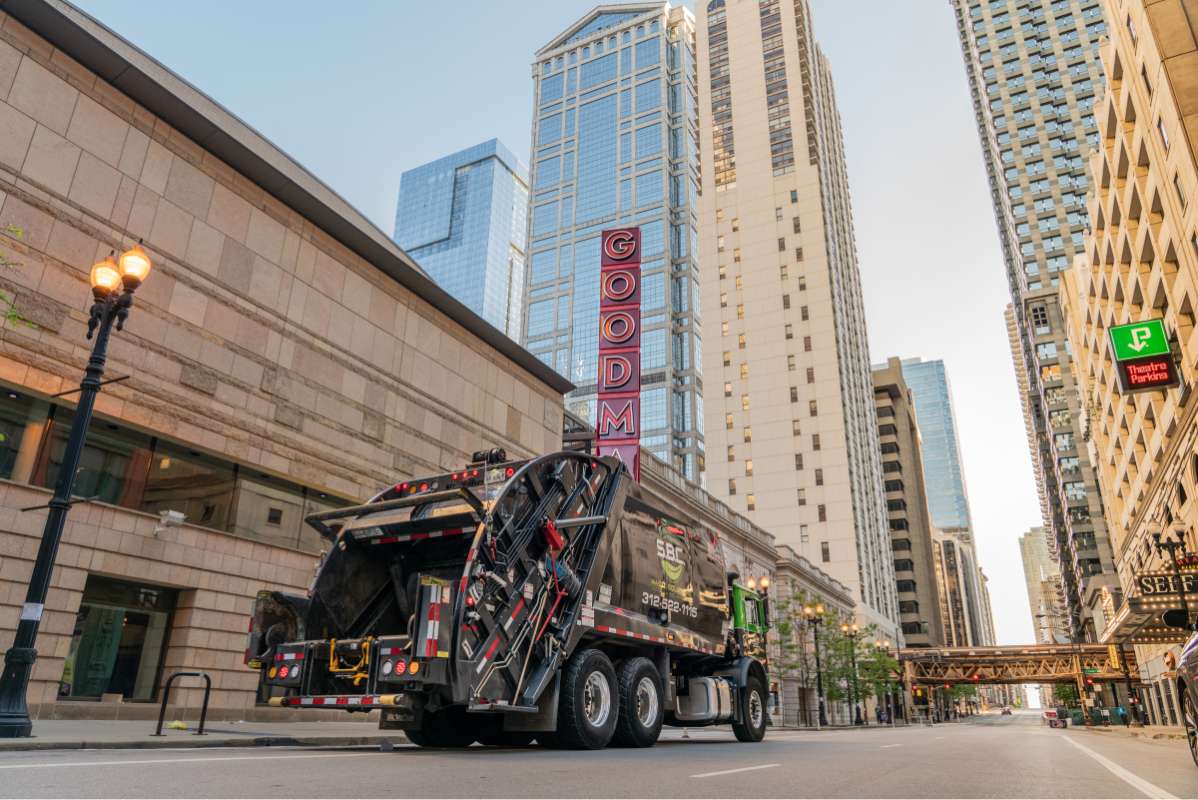Trash Pick-Up Dos and Don’ts: Best Practices for Residents
Trash Pick-Up Dos and Don’ts: Best Practices for Residents
Are you tired of seeing trash littering your neighborhood? Are you interested in doing your part to keep your community clean and healthy? Then this blog is for you! Trash pick-up dos and don’ts are essential practices for residents to follow to maintain a clean and sustainable environment. By understanding the best practices for trash disposal, you can not only make your community a more pleasant place to live but also contribute to a greener future for the planet. In this blog, we’ll cover everything you need to know about proper trash pick-up. So, join us as we explore the ins and outs of trash pick-up and learn how you can make a positive impact on your community and the planet.
The Basics of Trash Pick-Up
Trash pick-up is an essential service that helps to keep our cities, towns, and neighborhoods clean and free of waste. It involves the collection, transportation, and disposal of waste materials, including household garbage, recyclables, and hazardous waste. Trash pick-up is a crucial aspect of environmental protection and public health, as it prevents the accumulation of waste, reduces the risk of pollution, and improves the quality of life for communities.
The basics of trash pick-up include various methods, such as curbside collection, dumpster rental, and hazardous waste disposal. Curbside collection is the most common method of trash pick-up in residential areas, where waste materials are placed in designated bins or bags and left at the curb for collection. Dumpster rental is commonly used in commercial areas, where large quantities of waste are generated. Hazardous waste disposal requires specialized handling and disposal methods to prevent harm to the environment and public health.
In addition to traditional trash pick-up methods, recycling and composting have become increasingly popular. Recycling allows for the reuse of materials, reducing the amount of waste that ends up in landfills. Composting involves the decomposition of organic materials, such as food waste and yard debris, into nutrient-rich soil, which can be used for gardening and agriculture. These practices not only help to preserve the environment but also conserve natural resources and reduce greenhouse gas emissions.

Trash Pickups
The Need for Trash Pick-Up
The issue of waste management has become a critical environmental concern around the world. The need for trash pick-up has never been more essential as it is now. Improper disposal of waste poses a significant threat not only to human health but also to the natural habitat of various wildlife species. The world produces millions of tons of garbage every year, and the situation is only getting worse. Proper trash pick-up and disposal are necessary to protect our environment and maintain a healthy, sustainable future.
Aside from environmental concerns, lack of proper trash pick-up service can have dire socio-economic consequences. Trash accumulation can lead to the spread of diseases, especially in developing countries, where sanitary conditions are minimal. It can also lead to economic degradation, as businesses may become less attractive to investors due to the unsanitary conditions. This, in turn, can lead to a decrease in tourism and affect the overall well-being of the community. Proper trash pick-up, therefore, is not only essential for environmental reasons but also for socio-economic development.
Proper trash pick-up is not a luxury but a necessity in our day-to-day lives. It is an essential aspect of waste management that contributes to environmental protection, socio-economic development, and overall human well-being. Governments, organizations, and individuals must take responsibility and work together to ensure proper trash pick-up, disposal, and management to tackle the ever-growing problem of waste accumulation.
Types of Trash Pick-Up Programs
To address the diverse needs of communities, various trash pick-up programs have been implemented. These programs aim to provide efficient and effective waste management solutions while promoting sustainable practices. Some of the most common types of trash pick-up programs include:
- Curbside Collection: This is the most common type of trash pick-up program, where waste materials are collected from designated bins or bags placed at the curb. The collection schedule may vary depending on the community’s needs.
- Drop-off Centers: These centers allow residents to drop off their waste materials for proper disposal. They are especially useful for items that cannot be collected through curbside pick-up, such as electronics and hazardous waste.
- Pay-As-You-Throw: This program charges residents for the amount of trash they dispose of, encouraging them to reduce waste and recycle more.
- Recycling Programs: These programs aim to divert recyclable materials from landfills and promote their reuse. They may include curbside collection or drop-off centers for specific types of recyclables, such as paper, plastic, and glass.
- Composting Programs: These programs encourage residents to compost organic waste materials, such as food scraps and yard debris, to reduce the amount of waste that ends up in landfills.
With the implementation of these programs, communities can effectively manage their waste and reduce their environmental impact.
The Dos and Don’ts of trash Pick-Up
To ensure the success of trash pick-up programs, it is essential to follow some dos and don’ts when disposing of waste materials. Here are a few things to keep in mind:
Dos
- Do separate your waste: Separate your waste into different categories, such as recyclables, compostable, and regular garbage. This makes it easier for collection teams to sort and dispose of waste properly.
- Do follow the schedule: Be aware of your community’s trash pick-up schedule and ensure that you place your waste materials out for collection on the designated days.
- Do recycle whenever possible: Make an effort to recycle as much as you can. Recycling helps to conserve resources and reduce pollution.
- Do dispose of hazardous waste properly: Hazardous waste, such as batteries and electronics, should be disposed of through designated drop-off centers to prevent harm to the environment and public health.
- Do reduce and reuse: Before throwing something away, consider if it can be reused or repurposed. This not only reduces waste but also saves money.
Don’ts
- Don’t mix trash with recyclables: Keep your recyclable materials separate from regular garbage to ensure they are properly recycled.
- Don’t dispose of hazardous waste in regular garbage: Hazardous waste can be harmful to the environment and public health if not disposed of properly. Do not throw it in your regular trash.
- Don’t contaminate recyclables: Make sure that any items being recycled are clean and free from food residue or other contaminants.
- Don’t overfill bins: Overfilled bins can lead to litter and attract pests. Make sure to follow the designated limit for waste materials in bins.
- Don’t litter: Do not throw trash on the ground or in public areas. Always dispose of waste materials properly to keep your community clean and healthy.
Proper trash pick-up is crucial for maintaining a clean and sustainable environment, promoting economic development, and protecting public health. By following the dos and don’ts of trash pick-up, we can all play a part in preserving our planet for future generations.

Trash Services Near Me Oak Park IL
The Role of Community Initiatives in Trash Pick-Up
While governments play a significant role in implementing and regulating trash pick-up programs, community initiatives are also essential in ensuring their success. Here are some ways that individuals and organizations can get involved:
- Participate in clean-up events: Join local clean-up events or organize one yourself to help remove litter from public areas and prevent it from entering waterways.
- Educate others: Spread awareness about the importance of proper trash pick-up and how it contributes to a healthier environment.
- Organize recycling initiatives: Encourage others to recycle by organizing recycling drives or providing information on where to properly dispose of recyclable materials.
- Reduce waste in your own life: By reducing your own waste through practices like composting and reusing items, you can set an example for others to follow.
- Support local waste management efforts: Stay informed about local waste management practices and support initiatives that aim to improve them.
By taking action at the community level, we can all work towards a cleaner and more sustainable future. Together, we can make a significant impact in managing our waste and protecting our environment. Let’s all do our part in proper trash pick-up and contribute to a healthier planet.
Proper waste management is crucial for the well-being of our planet and its inhabitants. By implementing effective trash pick-up programs, following proper disposal practices, and promoting community initiatives, we can all play a part in ensuring a cleaner and more sustainable future. Remember, it’s not just about proper trash pick-up, but also about reducing waste and promoting a greener lifestyle. Let’s work together towards a healthier planet for generations to come. Let’s all do our part in managing waste responsibly and making a positive impact on our environment. The future of our planet depends on it. So let’s take action today and be the change we want to see in the world. The power is in our hands to make a difference, so let’s use it wisely and responsibly. Let’s work towards a cleaner, greener, and more sustainable future together!
https://www.google.com/maps?cid=4180240075447051620



